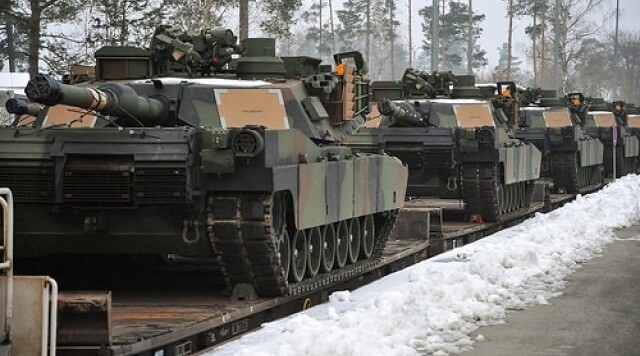This article explores the Western cultural traditions of democracy and freedom which form a political ethic deeply rooted in the underlying philosophical and theological American heritage. Theories of Machiavelli, Montesqieu, and Niebuhr support the notion that the potential for virtue is found in all individuals, who, through their undeniable freedoms, responsibilities, and participation, have the capability to establish a political community based on democracy, justice, and respect for human rights. Virtue, justice, morality, ethics, freedom, and democracy are all necessary elements for establishing and maintaining the political community. Can history serve to uphold democracy as an ethical standard of governance? The author suggests that the basic and cross-temporal cornerstones of morality; the family and religion serve as "intermediate" social structures in attaining the central virtues of a moral democracy.
To read or purchase the full text of this article, click here.



